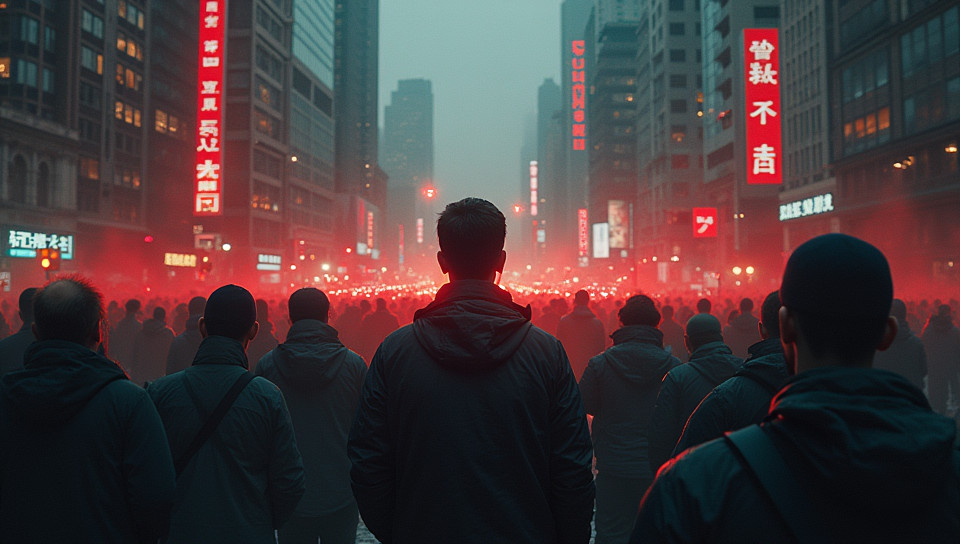Internet censorship undermines democracy 78%

The Dark Side of Freedom: How Internet Censorship Threatens Democracy
In today's digital age, the internet has become an essential tool for freedom of expression and access to information. However, the growing trend of internet censorship around the world is a stark reminder that this freedom is not guaranteed. Governments and institutions are increasingly using their powers to restrict online content, silencing dissenting voices and undermining democratic values.
The Rise of Internet Censorship
Internet censorship takes many forms, from blocking access to specific websites and social media platforms to outright bans on online content. This can be done through various means, including:
- Filtering and blocking of URLs
- Suspension or termination of internet service provider (ISP) contracts
- Imprisonment or fines for online activists and whistleblowers
- Manipulation of search engine results
The consequences of internet censorship are far-reaching and devastating. When citizens are unable to access information freely, they are denied the opportunity to engage in informed discussions, make educated decisions, and hold their leaders accountable.
The Impact on Democracy
Internet censorship undermines democracy by:
- Suppressing dissenting voices and minority opinions
- Limiting access to information and independent media
- Fostering a culture of fear and self-censorship among citizens
- Undermining the rule of law and the protection of human rights
In a democratic society, the free flow of information is essential for the exchange of ideas, the promotion of critical thinking, and the holding of leaders accountable. By restricting online content, governments are essentially choking the life out of democracy.
The Slippery Slope to Totalitarianism
The normalization of internet censorship can have far-reaching consequences, including:
- Erosion of civil liberties and human rights
- Suppression of minority opinions and dissenting voices
- Increased surveillance and monitoring of citizens
- Gradual shift towards authoritarian regimes
Once internet censorship is normalized, it becomes increasingly difficult to roll back. The next step is often the suppression of offline dissent, followed by a full-blown crackdown on civil liberties.
Conclusion
Internet censorship is a threat to democracy, freedom of expression, and human rights. It is our responsibility as citizens, activists, and leaders to speak out against this trend and demand greater transparency and accountability from governments and institutions. We must work together to create a digital landscape that promotes freedom, inclusivity, and critical thinking.
In the words of Timothy Berners-Lee, inventor of the World Wide Web: "The web is for everyone." Let us ensure that it remains that way.
- Created by: Leon Kaczmarek
- Created at: Sept. 18, 2024, 10:32 p.m.
- ID: 10114







